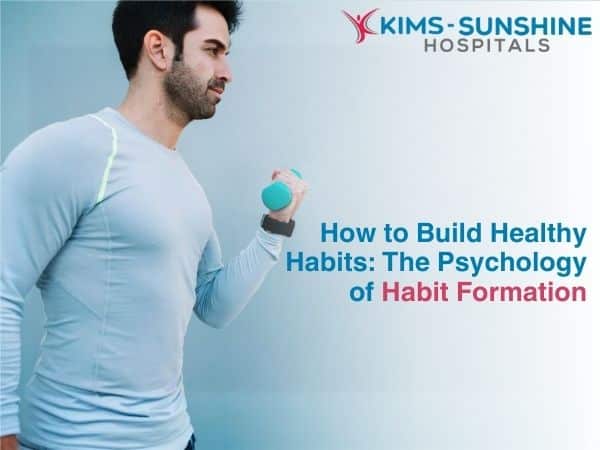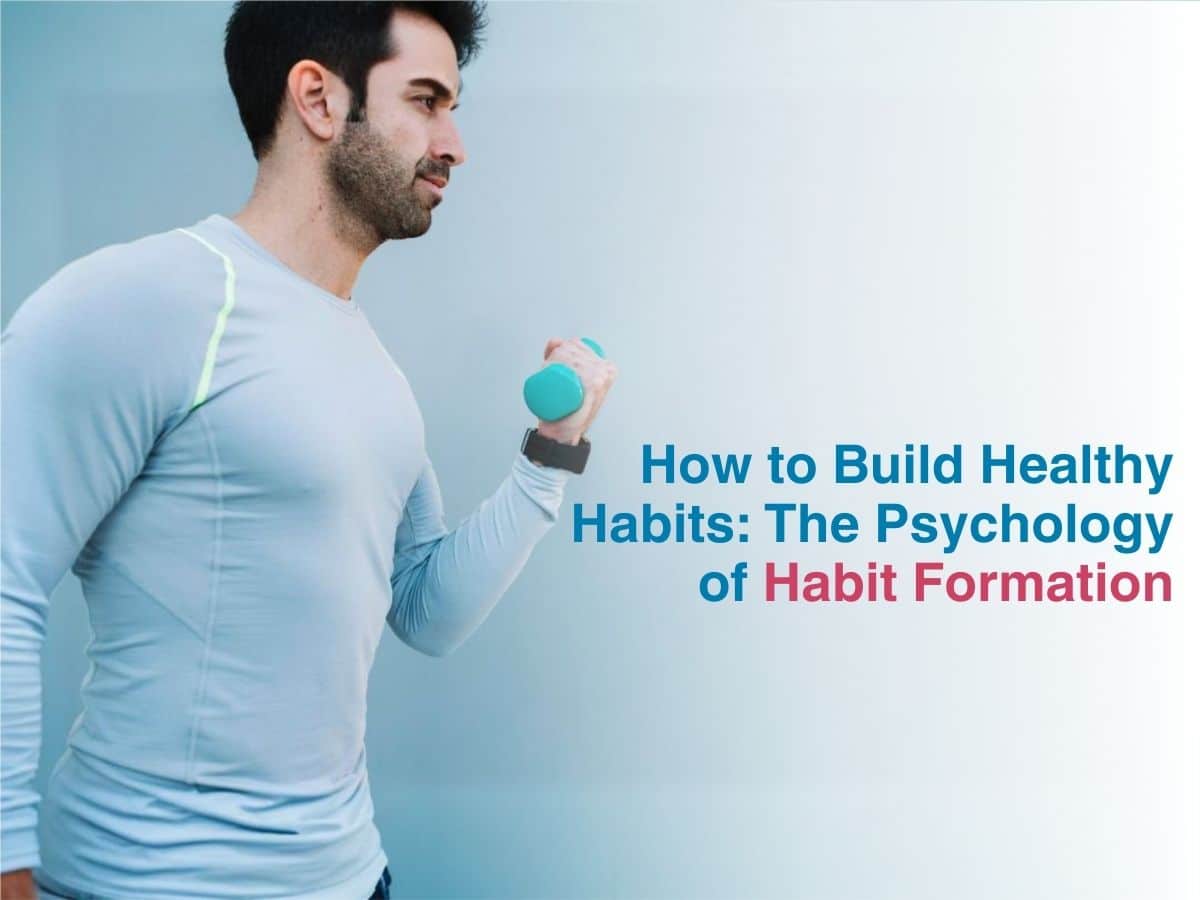
How to Build Healthy Habits: The Psychology of Habit Formation

You may have heard of the expression ‘creature of habit’. This is commonly used when someone hates any changes to their daily routine. What if we told you that changing your daily routine with respect to health matters does NOT need to be super challenging? For most of us, getting food delivered, having midnight snackage and leading sedentary days are the norm. Though we know that it is not healthy for us, we are loathe to break out of our comfort zone. Breaking these bad habits can be hard, but not impossible, if you understand how habits are formed in the first place.
Role Of Psychology In Developing Healthy Daily Habits-
When we tend to repeatedly do something, it becomes a habit in some time and it may take on a life of its own. You may have noticed this subtle but very important aspect about a habit- brushing your teeth or eating breakfast may be a habit but you don’t really need to think about it specifically while performing the action. You will most definitely be thinking about something else- like how you would go about your day or think about something more specific. Psychology says that you need to perform an action multiple times for it to become a habit. It means you need to be consistent with doing it and use cues to get started and continue everyday. For some of us, working out can seem like a chore. Making a conscious effort to change that attitude takes practice and motivation. Studies all over the world show that it can take anywhere between 18-254 days to make a habit and stick to it, while the median duration was 66 days. How is a habit formed though? There are 3 stages to it- the cue, the routine and the reward. Identifying the right cue is the most important part of the process.
Methods To Replace Bad Habits With Healthy Alternatives-
Habits can be hard to break once we have gotten accustomed to them. But we can change them and one of the best ways to do something new is replace one habit with another. But you need to take enough care to NOT replace one bad habit with another. Let us look at a few examples we all deal with at some or the other point in our day-
- Eating food with the phone or TV on- it can be incredibly entertaining, but you will not follow portion control, won’t be able to appreciate the effort taken to prepare the meal and may not eat well as a result.
- Snacking to feel better can be a coping mechanism which can cost you dearly in the long run. So, when you do get stressed and reach out for some fried stuff, ensure you don’t have the item at home and instead switch to fruit, nuts, salads etc.
- Working out everyday can feel like too much effort but it has many advantages that stay with you for years afterwards. So, if you feel lazy today and don’t want to do a full blown workout, don’t just begin to relax. Instead go for a walk or a run, dance, go out with friends- just do something else.
- You need to understand how your brain views rewards- and habits are most often formed to meet short term goals in the majority of the cases.
Conclusion
Some well known tips for creating lasting positive lifestyle habits is to find the motivation and cue to begin it, then actually do the action consistently enough for it to become a routine occurrence and finally understand that yes, there is a reward at the end of it all. Some measures you could work on include making a detailed plan to identify the cue, disrupt it or actively try not to go ahead with the old routine and finally replace it with another habit. But making simple changes work the best. You need to be persistent about it in the initial days and plan for any disruptions in routine or change. This is like when you may need to travel for work and your routine gets disrupted. There is no need to panic. You just need to continue visualising the cue and go ahead, without any doubt.






